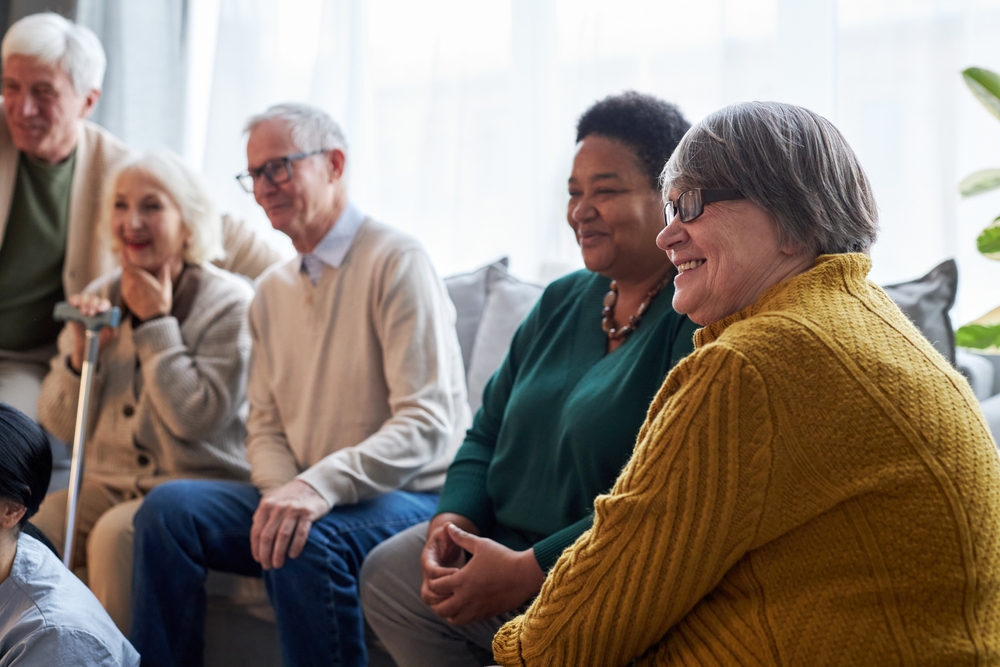Uterine Cancer in Elderly Adults
Category:

As we age, the risk of uterine cancer increases, making it a crucial health concern for senior adults and their families. In this blog, we’ll discuss the typical signs and symptoms, as well as the current treatments available.
What is Uterine Cancer?
Uterine cancer, also called endometrial cancer, can take two forms. Endometrial cancer, the more common form, develops in the inner lining of the uterus. It is one of the most common gynecological cancers. Uterine sarcoma, while extremely rare, is a form of uterine cancer that develops in the muscle wall of the uterus.
Signs of Uterine Cancer in Elderly Adults
Unfortunately, there is no apparent cause of uterine cancer in elderly adults. All that is known is that something causes the cells in the uterus lining to change into cancer cells. Symptoms of uterine cancer in elderly adults include:
- Vaginal bleeding after menopause
- Vaginal bleeding between periods before menopause
- Lower abdominal pain or cramping in the pelvis
Uterine cancer is diagnosed using a few different methods, including a pelvic exam, imaging tests like an ultrasound, or a biopsy.
Download Our FREE Guide to Live-In Home Care
Treatment for Uterine Cancer in Elderly Adults
The primary treatment for uterine cancer is surgery to remove the cancerous tumors. This could include a hysterectomy, which is the removal of the uterus. The ovaries and fallopian tubes may also need to be removed, depending on the location or how the cancer has spread.
Radiation therapy can also be used to treat uterine cancer, especially in patients who are not healthy enough for surgery. Chemotherapy and hormone therapy have also been used successfully to treat uterine cancer.
The prognosis for uterine cancer in older women is good. 90% of women live for five years or more after their diagnosis, with 70% of women surviving for ten years or more after their diagnosis. Women over age 75 have a slightly less high prognosis, but the survival rate is still high.
While there is no clear cause of uterine cancer, there are some risk factors that could make a person more likely to develop the cancer. These risk factors include:
- Age and family history, like genetic disorders that increase cancer risk
- Diabetes
- Obesity
- Ovarian diseases. Ovarian diseases can cause a hormonal imbalance that makes you more susceptible to cancer.
- Early menstruation before age 12.
- Late menopause begins after age 50.
- Women who have never been pregnant have a higher risk of developing cancer.
Subscribe
Date: 2023-12-21
Category:


